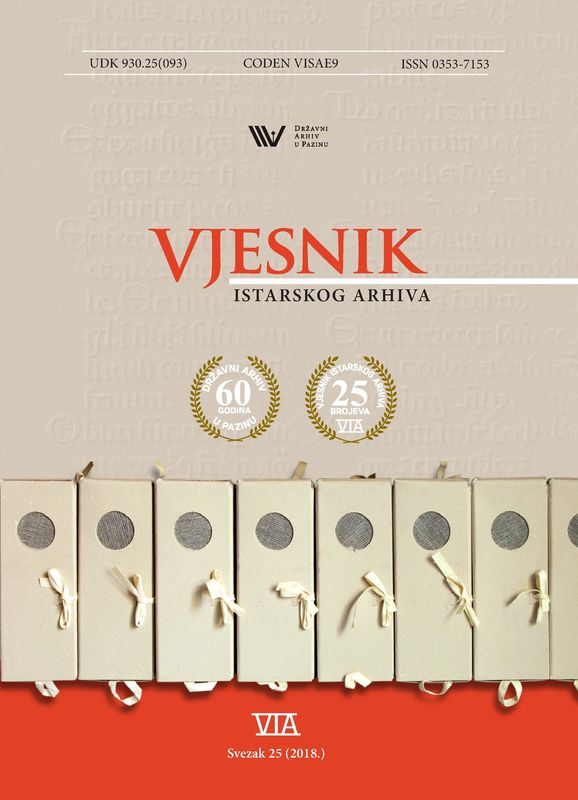Notes on operatic theatrical entrepreneurship of the eastern Adriatic in the Austro-Hungarian period
DOI:
https://doi.org/10.31726/via.25.6Keywords:
Impresario, opera, Istria and Dalmatia, 19th and 20th centuriesAbstract
The analysis of theatre fonds preserved in state archives, libraries and museums on the Istrian and Dalmatian coasts enables us to get familiar with the identity and activities of opera impresarios active in this area in the late Austro-Hungarian period. These were mostly Italian impresarios that sought to provide access to numerous theatres but also a certain number of performances. Taking into consideration the economic risks faced by the impresarios, as well as the significant costs incurred by organizing an opera season, being supported by a well-founded system, such as the one suggested by Pietro Ciscutti in 1884, would certainly have paid off. Namely, Ciscutti sought to connect the Politeama Theatre in Pula, which he founded, with those in Rijeka and Zadar, even with the theatres in Šibenik and Dubrovnik. This networking did not happen, among other things, because of Ciscutti’s death a few years later. The study of the co-operation among the impresarios allows the commencement of a universal discourse on the most common requirements addressed to theatre directorates, as well as on the offered artistic proposals and artistic staff. Impresarios, along with most of the artists, came from Italy by steamships. Stage equipment, costumes and musical scores were also transported in the same way. Sometimes departures were delayed, for example due to strong gusts of bora wind, which would hinder rehearsals and/or shows. Paying for external artists was an additional cost to impresarios. Members of the orchestra, choir and ballet often could not be found locally and had to be hired from the outside in order to comply with the number of the necessary staff required by theatre competitions. Over the years, the need for artists grew. The knowledge of the economic mechanisms regulating the production system, the analysis of revenue and expenditure and the understanding of the relationships between impresarios, theatre directorates and publishers, allow us to achieve the deeper perspective provided by the documentation found.
Downloads
Published
Issue
Section
License

This work is licensed under a Creative Commons Attribution-NonCommercial 4.0 International License.

